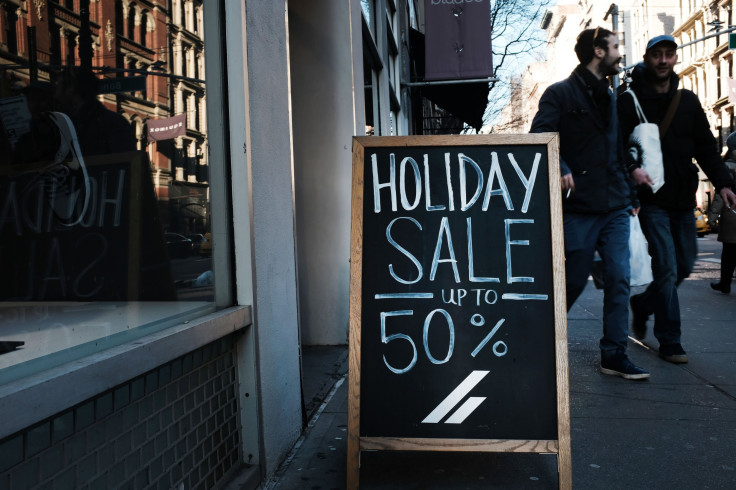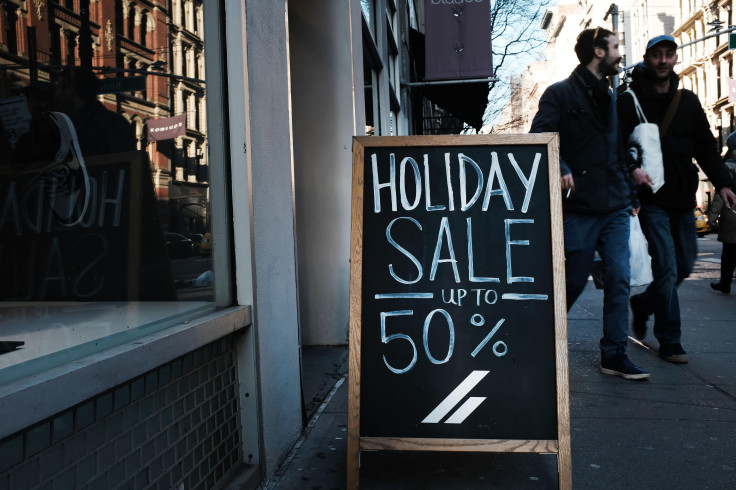How Retailers Are Targeting Younger Shoppers This Holiday Season

Retailers are gearing up for what could be an even busier holiday season after the COVID-19 pandemic put a damper on most holiday plans in 2020. However, with a continued shift to online purchases as brick-and-mortar stores shutter, traditional tactics to get shoppers to specific companies as they buy high ticket items are also being reconsidered.
Retailers used to give shoppers a “buy now, pay later” option in the form of layaway programs at stores like Kmart and Walmart, which allowed shoppers to essentially reserve items like toys, electronics, clothes and other purchases by coming in-store, picking them off the shelf, leaving a small down payment, and then returning at a later date to pay the balance and retrieve their items. However, those have either been scaled back considerably over the years or done away with entirely—meaning consumers who are eager to shop early, but don’t have the funds to do so, are turning to new programs that are offered on several popular websites.
“It’s all about incrementality,” Russell Isaacson, director of retail and automotive lending at Ally Lending told CNBC. “Getting that incremental sale or incremental consumer.”
These days, that comes in the form of point-of-sale loans on websites, offered through companies such as Affirm, Afterpay and Klarna, which allow shoppers, especially the highly sought after millennial and Gen Z demographics, to purchase items like they normally would, but make installment payments on a monthly or another basis after. And the plans offered by these companies are working, with RBC Capital Markets estimating that these options increase retail conversion rates anywhere from 20-30%, and also lift average totals spent 30%-50%.
The average transaction for purchases is about $200, Ally Lending President Hans Zandhuis told CNBC, which is nearly double what tickets would likely have been without these options. A shopper who makes that purchase (one who also likely does not have access to credit), would likely be able to make 4 monthly payments of $50, instead of one large $200 one—and could also potentially make the payments interest-free, making them even more enticing than traditional credit card purchases, which can have interest rates as high as 25%.
Retailers have quickly caught on to the popularity of these plans, as several have made them available on their websites when it comes to purchases. Hundreds give shoppers the option of Afterpay, Affirm or Klarna, including Petsmart, Old Navy, Walmart, Peloton, Nike, Best Buy, Macy’s Sephora, Kohl’s and even Etsy.
The need to buy earlier, and potentially utilize these plans, is more critical than ever for many shoppers this year, after a less cheerful holiday season in 2020, as well as the rising costs of inflation on items now due to supply chain bottlenecks—which are expected to last through the holiday season.

Photo: Spencer Platt/Getty Images




















